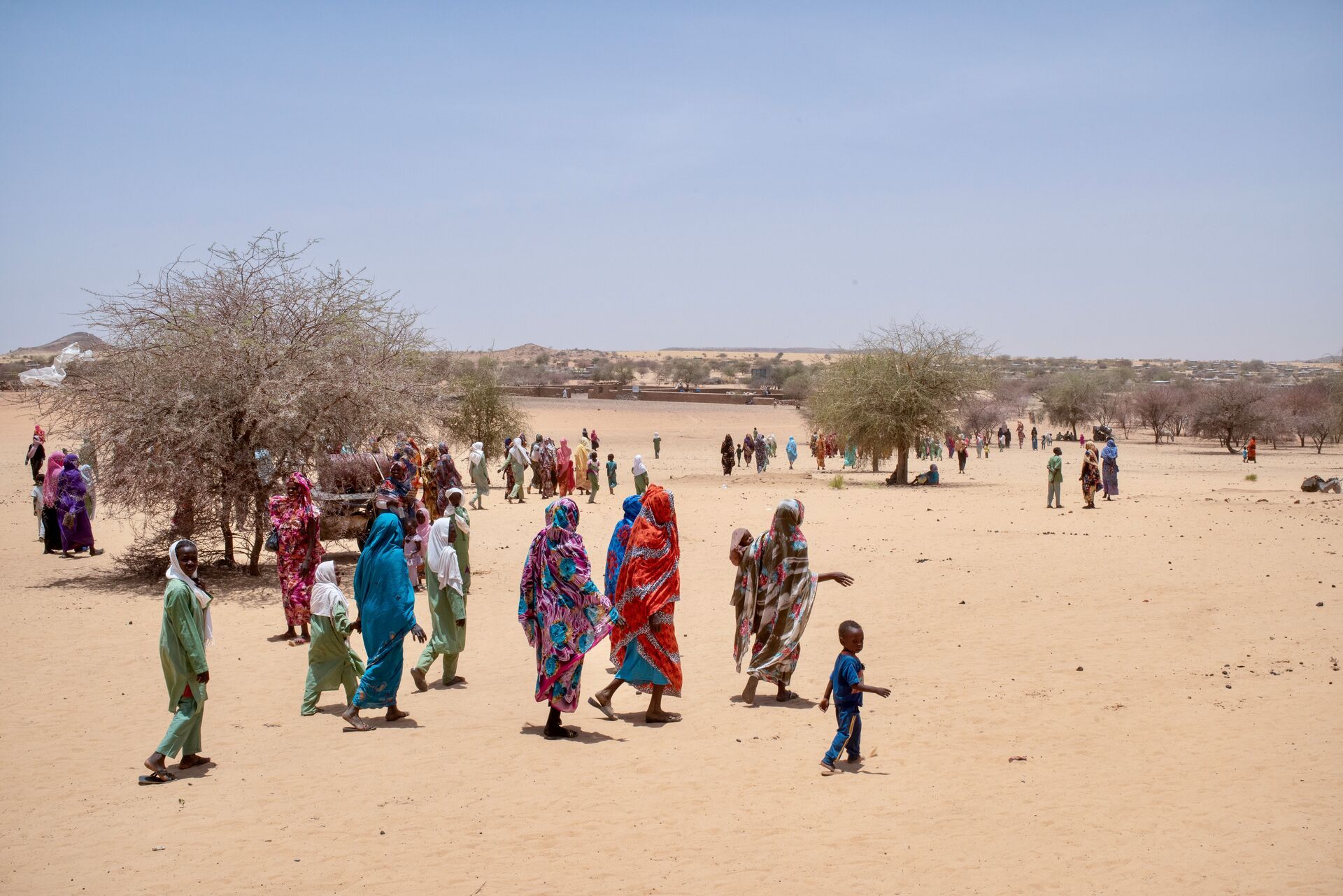
The International Criminal Court in The Hague, Netherlands.
The Hague: Sanctions by the United States of America can severely hamper ongoing investigations in all situations and other activities of the International Criminal Court (ICC) and affect the safety of victims, witnesses and sanctioned individuals, the ICC warned today.
The US Congressional sanctions on the International Criminal Court are now with the US Senate. “Next week we’re introducing bipartisan legislation that will prohibit countries cooperating with the [the International Criminal] Court from engaging in business with America. This will fundamentally alter the existing paradigm, and I’m unmoved by whatever international pressure may come my way,” said U.S. Senator Lindsey Graham, in an interview with the newspaper Israel Hayom published on January 19, 2025.
Earlier, after the International Criminal Court charged top Israeli leaders with war crimes for their offensive against Hamas in Gaza, the US House of Representatives ruled in favour of a bill calling the US President to sanction the Court for investigations into “protected persons” whether Americans or allies.
Congress eyes a vote to impose wide-ranging sanctions on the ICC and its top prosecutor, Karim Khan, and the measure is now working its way through the Senate, where it has staunch Republican support but could still fall short of the 60-vote threshold needed to pass. However, following the inauguration of President Donald Trump on January 20, 2025, speculations abound that he may implement sanctions whether mandated by lawmakers or not.
The US lawmakers, particularly the Republicans, are up in arms against the ICC after the Court issued warrants for Israeli Prime Minister Benjamin Netanyahu, and Israeli Defence Minister Yoav Gallant for war crimes and crimes against humanity in November 2024. This was the first time an ICC prosecutor requested arrest warrants against a sitting US-backed head of state.
Interestingly, today, ICC prosecutor Karim Khan filed two applications for warrants of arrest before ICC’s Pre-Trial Chamber II against the Supreme Leader of the Taliban, Haibatullah AKHUNDZADA, and the Chief Justice of the “Islamic Emirate of Afghanistan”, Abdul Hakim HAQQANI, for crime against humanity of persecution on gender grounds.
Also read:
- Italy arrests Libyan war crime accused only to release him without ICC’s consent
- ICC arrest warrants: Why the USA can’t equate Netanyahu with Putin?
Today the Bureau of the Assembly of States Parties to the Rome Statute, which is the management oversight and legislative body of the ICC, expressed its “deep concern” over sanctions measures against the ICC and its personnel, as well as individuals and entities who assist it in investigating, arresting, detaining, or prosecuting certain individuals.
The Bureau regretted any attempts to undermine the Court’s independence, integrity and impartiality.
“We reiterate our firm commitment to uphold and defend the principles and values enshrined in the Rome Statute and to preserve its integrity undeterred by any threats or measures against the Court, its officials, its personnel and those cooperating with it,” it stated.
The Rome Statute represents an international commitment to end impunity for the most serious crimes of concern to the international community as a whole. Safeguarding the Court’s integrity, including its judicial and prosecutorial independence, is fundamental to the successful discharge of its mandate to ensure accountability for such crimes and deliver justice to victims equally.
The Bureau emphasized that the Assembly of States Parties stands firmly by the International Criminal Court, its elected officials, its personnel, and those cooperating with the Court. “We stress the importance of the International Criminal Court in defending international justice and call on all States, international organizations and civil society to respect its independence and impartiality,” it said.
ICC president Tomoko Akane in her statement to the ICC’s annual meeting in December 2024, was quoted as saying: “The Court is being threatened with draconian economic sanctions (…) as if it was a terrorist organisation. These measures would rapidly undermine the Court’s operations in all situations and cases and jeopardise its very existence.”
Incidentally, China, India, Israel, Turkey, Pakistan, and Russia, among 60 other countries, are those who openly reject the interference of the ICC in their territories. The US participated in the negotiations that led to the creation of the Court. However, in 1998 the US was one of only seven countries – along with China, Iraq, Israel, Libya, Qatar, and Yemen – that voted against the Rome Statute. Moreover, Since the full and undiluted guarantees of the Bill of Rights would not be available in the ICC, the United States cannot, constitutionally, sign and ratify the ICC treaty.
The US has a history of rejecting the Court’s jurisdiction, especially whenever the Republicans have been in power. Back in 2002 just as the court came into being, the US Congress passed the American Service Members Protection Act (ASPA), known as The Hague Invasion Act, to protect its servicemen and women from investigation. However, this time the sanctions are a frontal assault on the ICC and can destroy the court, whereas the ASPA was more aimed at restricting the ability of the U.S. government to provide support to it.”.
– global bihari bureau





